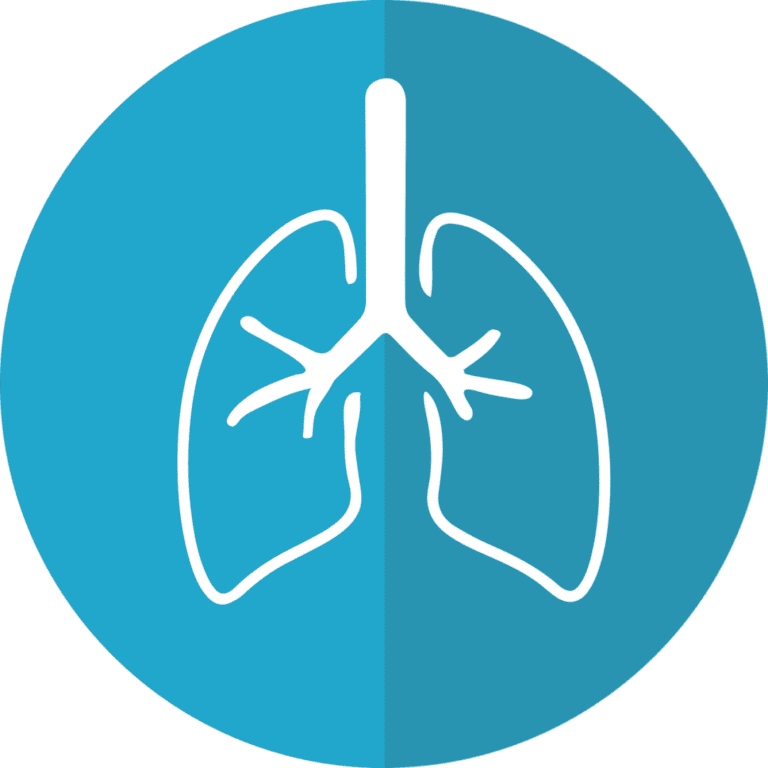According to a press release from global pharmaceuticals titan GlaxoSmithKline, the US Food and Drug Administration (FDA) recently expanded approval of the Company’s eosinophilic asthma treatment Nucala (generic name mepolizumab) to include children older than six. The drug is the first ever biologic (treatment based partially or entirely on biologically-derived substances) approved for children with the condition in the United States.
About Eosinophilic Asthma
Asthma you’re probably thinking about is usually triggered by environmental air factors like pollen, animal dander, or airborne pollutants. These particulates can irritate the airways and cause inflammation, sometimes accompanied with fluid buildups. That awful feeling you get when your sinuses are “congested” is actually caused by inflamed blood vessels.
Eosinophilic asthma, however, is seemingly caused by an overabundance of a kind of white blood cell called eosinophils. Like other white blood cells, eosinophils perform a number of important functions in the body. However, they are perhaps most notable for participating in inflammatory and allergic responses.
Abnormally high levels of eosinophils can cause unchecked inflammation in certain places around the body — including the airways. These individuals may experience allergy-like asthma without any environmental changes whatsoever. Some estimates suggest that as many as 50 to 60 per cent of all asthma cases are eosinophilic.
Because eosinophilic asthma patients cannot be removed from the source of their asthma, severe cases can be particularly dangerous and difficult to treat.
About Nucala and the FDA Approval
Mepolizumab (branded Nucala by GlaxoSmithKline) was first approved for eosinophilic asthma in 2015. The drug is administered monthly, as a subcutaneous injection. The drug is intended to be used as an “add-on maintenance treatment,” meaning it doesn’t fully replace other important means of asthma management, like an inhaler or other form of corticosteroid.
Previously, Nucala had only been approved in individuals older than 12. The recent expansion of the FDA’s approval to include children aged 6 to 11 was based in part on the results of a year-long open-label study of the drug in children of that age. Ultimately, Nucala’s safety profile in the target age group was found to be similar to that of the adolescent and adult patients for whom the drug has already been approved.
Tonya Winders, President and CEO of the nonprofit Allergy and Asthma Network, was pleased with the approval. “I know first-hand the huge impact [eosinophilic asthma] has on a family,” Winders said, alluding to her own children living with asthma. In her words, the approval of a new biologic for patients in the 6 to 11 age group “… represents a significant step forward for the asthma community.”
Severe eosinophilic asthma can be anything between inconvenient and dangerous. What do you think of this exciting development? Share your thoughts with Patient Worthy!








